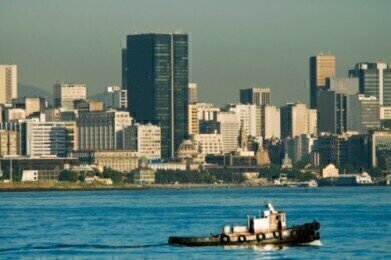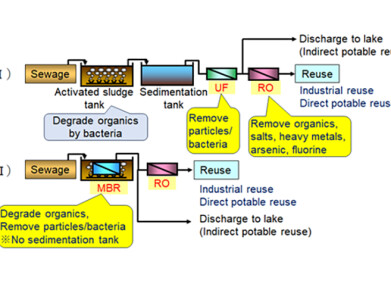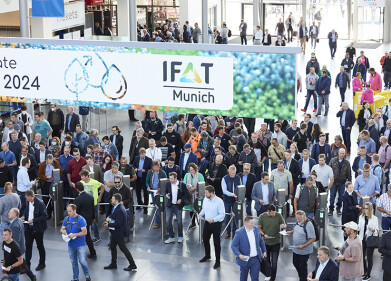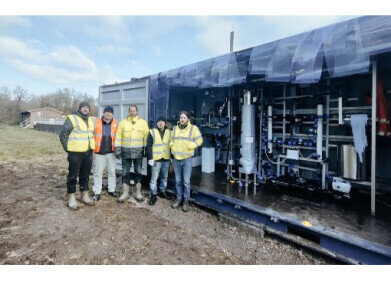-
 Heavy pollution affecting Brazil's Olympic waters
Heavy pollution affecting Brazil's Olympic waters
Water/Wastewater
Heavy pollution affecting Brazil's Olympic waters
Jan 15 2014
Stretches of water in Rio de Janeiro that have been earmarked to host many of the events in the 2016 Olympic Games are being blighted by heavy pollution, it has emerged.
A report carried out by the BBC found that Brazil's aim to significantly clean up the "notoriously filthy" Guanabara Bay - which formed a key part of Rio's Olympic bid - is now way behind schedule, and may not even hit the target identified by the organising committee.
With less than two and a half years left until the opening ceremony, the goal of treating 80 per cent of Rio's sewage is now regarded as extremely optimistic, particularly as Rio's Deputy State Secretary of Environment, Gelson Serva, recently revealed that just 34 per cent of Rio's sewage is treated.
More concerning, according to the report, is the fact that the rest of the raw sewage is spilled into the waters - the same stretches that will play host to events such as sailing at the upcoming Games.
Data published by the city's Environment Institute (Inea), which carries out water quality assessments on the state's beaches on a weekly basis, shows that the majority of the 148-square mile bay is considered unsuitable for swimming.
In one example, Botafogo Beach, which sits below Sugar Loaf Mountain, did not receive a single positive reading in 2013 due to its excessive faecal pollution levels.
When the 15 cities surrounding Guanabara Bay are taken into account, it means more than eight million residents are producing over 18,000 litres of sewage per second - a statistic compounded by a lack of amenities, poor housing and substandard sanitation and rubbish collection.
In a bid to tackle the problem, local government has greenlit schemes to build river treatment units to clean up the waters before they reach the bay - one of 12 steps in its "Clean Guanabara" plan, which was announced in 2013.
However, of the seven river treatment units planned, only one has been built so far, and with just 30 months left until the start of the Games, it is feared that there is not enough time to bring standards up to scratch before athletes and fans begin arriving.
Events
May 05 2024 Seville, Spain
May 13 2024 Munich, Germany
May 23 2024 Beijing, China
May 23 2024 Beijing, China
Jun 10 2024 Algiers, Algeria












